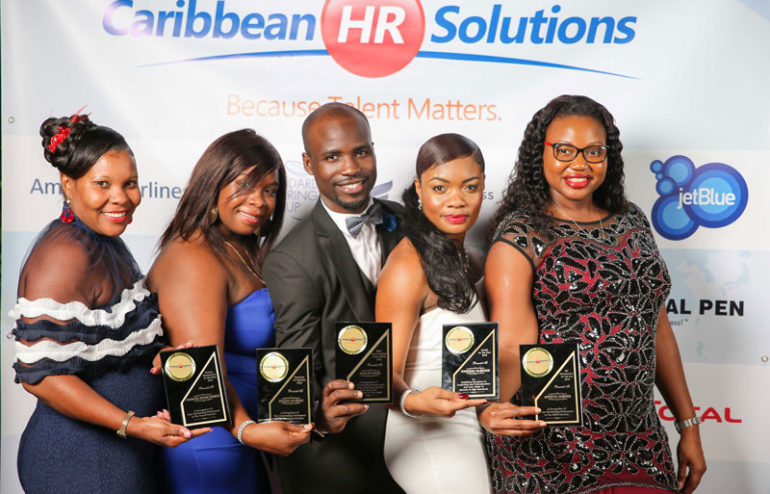We’d all like to think that we don’t have a price, but we do. There’s your personal net worth – your total assets value after liabilities and recurring expenses and there’s public value, an organisation’s perceived contribution to society – both of which are quantifiable, one more than the other. On the other hand, your occupational net worth is not so easily determined as several factors have bearing on what levels of compensation competing job seekers can command.
Qualifications vs Experience
Job matching speaks to fitting the right person with the right job based on their qualities and qualifications. Leaders and HR professionals are constantly striving to ensure that the best suited individuals are employed in roles that complement their skillsets and the company’s strategic objectives. Ideally, the employees have some level of mastery of their subject area as well as the requisite communication and motivation traits to succeed in their assigned positions. However, how much weight is given to the age-old tug-of-war between theoretical qualification and hands-on work experience? Are there algorithms to determine how much value to place on one factor over the other? Employers of choice now more than ever are increasingly particular about ensuring they hire the right person for the right job based on metrics not personality. So, if during college an applicant also interned in their field, worked summers at a related company and generally did all they could to gain experience, then we’d expect her to be given extra brownie points. Here’s another question. How does one quantify years of experience when it comes to salary negotiations?
The Negotiation Game
For starters, location can be more important than your qualification as a garbage collector in North America on average earns a higher salary than a manager in Jamaica. Even working in Kingston versus a rural area can result in salary disparities with candidates being equally qualified. So, what gives Job Applicant A the edge over Job Applicant B in the competitive salary game? The simple answer is, you get what you negotiate for. It’s not uncommon for two similarly qualified employees to have distinctly different compensation packages. Our company has partnered with Birches Group, who provide compensation and salary surveys for the Jamaican market. While benefits and bonuses are usually standard, basic salaries negotiations are often like a poker game, especially at the management level. It’s about selling yourself, not flinching and being confident in your ask. Of course, all that means nothing if the salary is set in stone, but usually there’s a range, not a finite number.
Most importantly, a candidate could deliver an Oscar-worthy performance during the interview process, but without a proven body of work and the academic training to fully grasp the scope of the desired task, it’s usually a futile expedition. There may be cases where a candidate is hired as a short-term fix but their ability to command their ideal salary would be severely hampered by their perceived value to the organization. It really comes down to what you’ve done so far and more importantly how well you’ve done it, and your level of qualification in the specific area you’re applying for. It makes no sense applying for a senior marketing position with a PhD in bio chemistry. When all is said and done, and all things being equal, how you present yourself and back it up on the job can mean the difference between an extra $100,000 or more per month in your bank account.
Until next time, leaders, keep lookin’ up!
Read more>>
http://www.jamaicaobserver.com/career-education/everybody-has-a-price_187820?profile=1270









